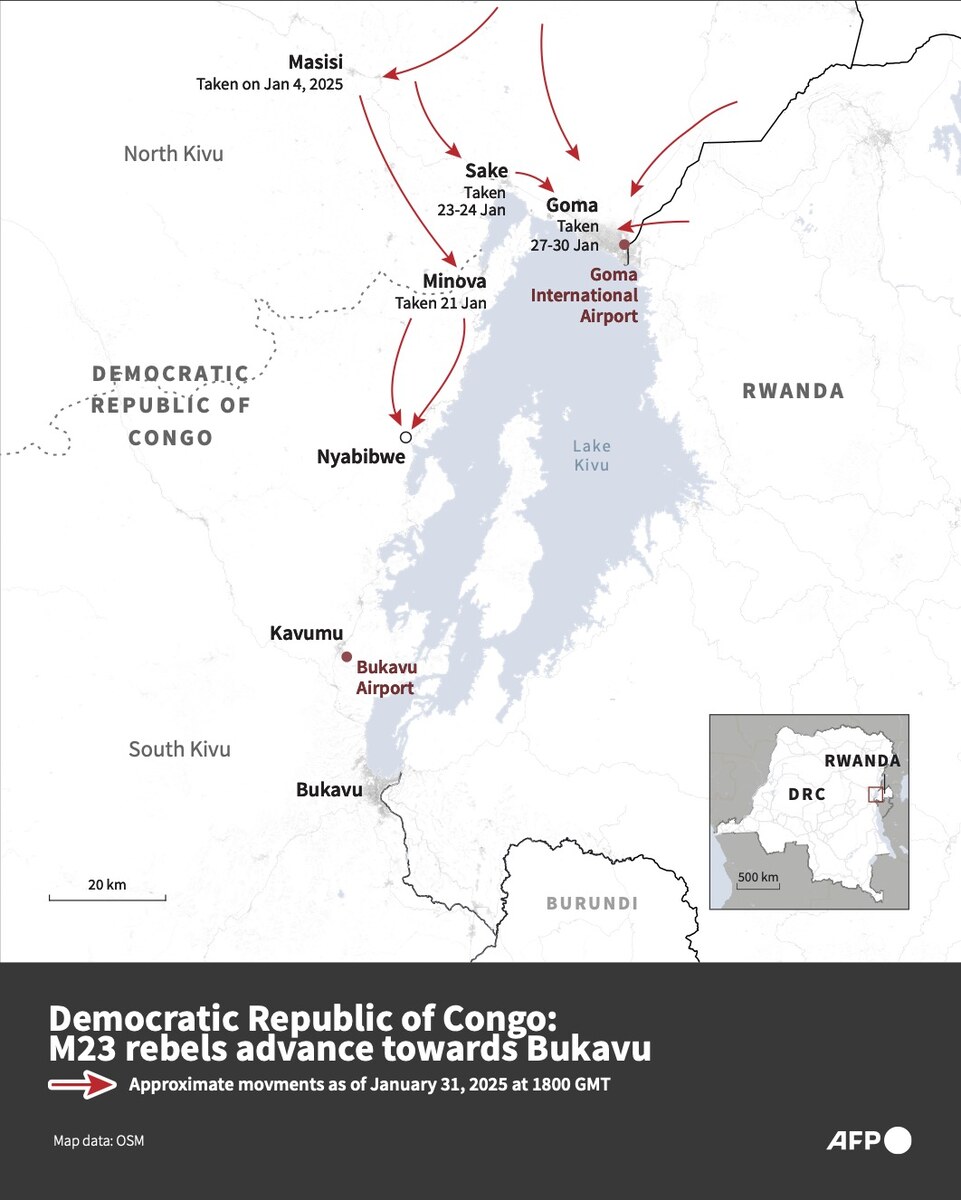NEW DELHI: Indian lawmakers begin taking their oaths Monday as parliament opens after an election setback forced Prime Minister Narendra Modi into a coalition government for the first time in a decade.
Expected in the first session, which will run until July 3, is a preview of Modi’s plans for his third term and the likely formal appointment of Rahul Gandhi as leader of the opposition — a post vacant since 2014.
Modi’s first two terms in office followed landslide wins for his right-wing Bharatiya Janata Party (BJP), allowing his government to drive laws through parliament with only cursory debate.
But now analysts expect the 73-year-old Modi to moderate his Hindu-nationalist agenda to assuage his coalition partners, focusing more on infrastructure, social welfare and economic reforms.
Minister of Parliamentary Affairs Kiren Rijiju on Monday called for a “peaceful and productive” session, but Indian media said they expected lively debate with a far stronger opposition.
“All set to spar,” one headline in the Hindustan Times read Monday.
“Resurgent opposition set to push government,” the Indian Express front page added.
Rahul Gandhi, 54, defied analyst expectations to help his Congress party nearly double its parliamentary numbers, its best result since Modi was swept to power a decade ago.
Gandhi is the scion of a dynasty that dominated Indian politics for decades and is the son, grandson and great-grandson of former prime ministers, beginning with independence leader Jawaharlal Nehru.
Parliamentary regulations require the opposition leader to come from a party that commands at least 10 percent of the lawmakers in the 543-seat lower house.
The post has been vacant for 10 years because two dismal election results for Congress — once India’s dominant party — left it short of that threshold.
The parliamentary session will start with newly elected lawmakers taking their oaths over the first two days.
Many will be watching if two lawmakers elected from behind bars, bitter opponents of Modi, will be allowed to join.
One is Sikh separatist Amritpal Singh, a firebrand preacher arrested last year after a month-long police manhunt in Punjab state.
The second is Sheikh Abdul Rashid, a former state legislator in Indian-administered Kashmir.
It is unclear if either will be granted bail to attend the ceremony in person.
Modi’s decade as premier has seen him cultivate an image as an aggressive champion of the country’s majority Hindu faith, worrying minorities including the country’s 200-million-plus Muslim community.
But his BJP won only 240 seats in this year’s poll, 32 short of a majority in the lower house — its worst showing in a decade.
It has left the BJP reliant on a motley assortment of minor parties to govern.
Modi has kept key posts unchanged in this government and the cabinet remains dominated by the BJP.
That includes BJP loyalists Rajnath Singh, Amit Shah, Nitin Gadkari, Nirmala Sitharaman and S. Jaishankar — the defense, interior, transport, finance and foreign ministers, respectively, staying on in their jobs.
But out of his 71-member government, 11 posts went to coalition allies who extracted them in exchange for their support — including five in the top 30 cabinet posts.
Many will also be eying the election of the speaker, a powerful post overseeing the running of the lower house, with lawmakers slated to vote on Wednesday.
Coalition allies covet the post, but others suggest Modi will put forward a candidate from his BJP.
India’s Modi to lay out third-term plans as parliament meets
https://arab.news/zv6mc
India’s Modi to lay out third-term plans as parliament meets

- Narendra Modi’s first two terms in office followed landslide wins for his right-wing Bharatiya Janata Party
- Analysts expect the 73-year-old leader to moderate his Hindu-nationalist agenda to assuage his coalition partners




























